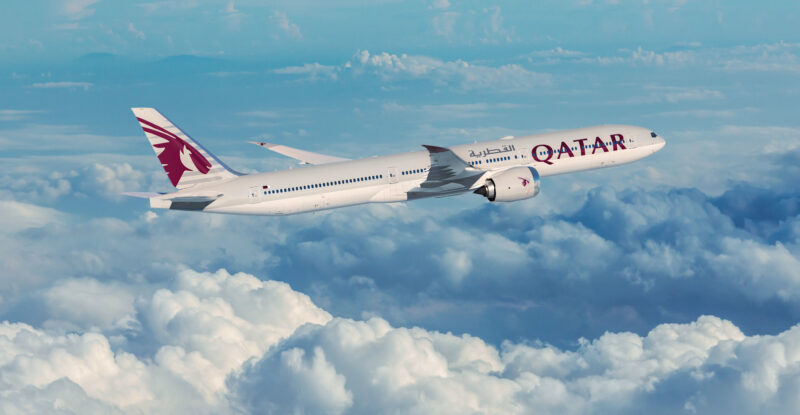As commercial airlines gravitate towards offering a more connected and personalized seatback IFE experience for passengers, and the limitations of traditional onboard servers to support this paradigm become apparent, Panasonic Avionics’ new open and neutral application hosting platform, called Converix, is enjoying strong momentum, with Qatar Airways becoming the latest carrier to select the solution for 60 on-order Boeing 777-9 (777X) commercial aircraft.
“We’re inspired by Qatar’s vision for these aircraft, which blends the latest innovations in technology with bleeding-edge solutions like Sama, an AI-powered virtual cabin crew member that offers passenger services, digital brand ambassadorship, cargo operations, AI-powered bookings, and real-time support,” Panasonic Avionics said in a statement announcing the deal at the Paris Air Show.
As an aircraft integration platform, added Panasonic, Converix will give Qatar Airways “a complete, aircraft-wide solution for non-safety critical services” on the 777X twinjets. “It will seamlessly integrate inflight engagement services, offer a neutral ecosystem of computing, content storage, and deliver enhanced AI capabilities for Sama.” Financial terms have not been disclosed.
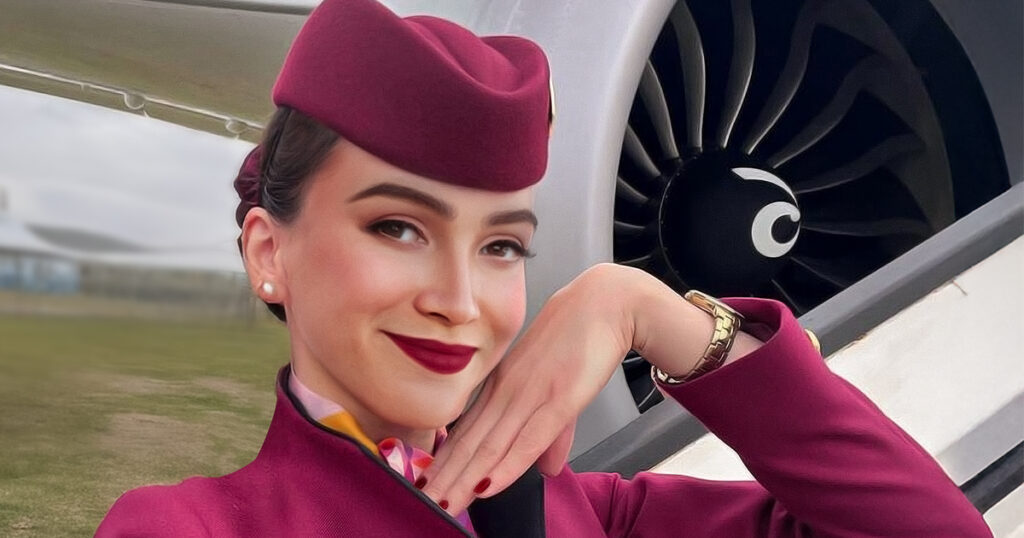
Qatar Airways’ AI digital human Sama will feature prominently in the engagement experience aboard the carrier’s 777X aircraft. Image: Qatar Airways
Converix nicely complements Qatar Airways’ decision to bring Panasonic Avionics’ modular Astrova embedded IFE system to 777X aircraft, and indeed its decision to go fleet-wide with SpaceX’s Starlink Ku-band Low Earth Orbit (LEO) satellite-powered inflight connectivity service.
“Powered by cutting-edge AI technology, the new system will allow passengers to interact and control key parts of their onboard experience all through one smart connected platform,” Qatar Airways said in a statement about the new Astrova IFE with Converix for the 777X.
“As part of its hyper-personalised experience, the system further offers passengers dynamic content tailored to their preferences, seat-level smart controls and a fully connected digital environment.”
Converix will facilitate the integration of connectivity and seatback IFE, as it boasts massive scalable storage capacity and dynamic edge caching capabilities that can store streamed content locally after it has been accessed online by a passenger, preserving bandwidth for other things.
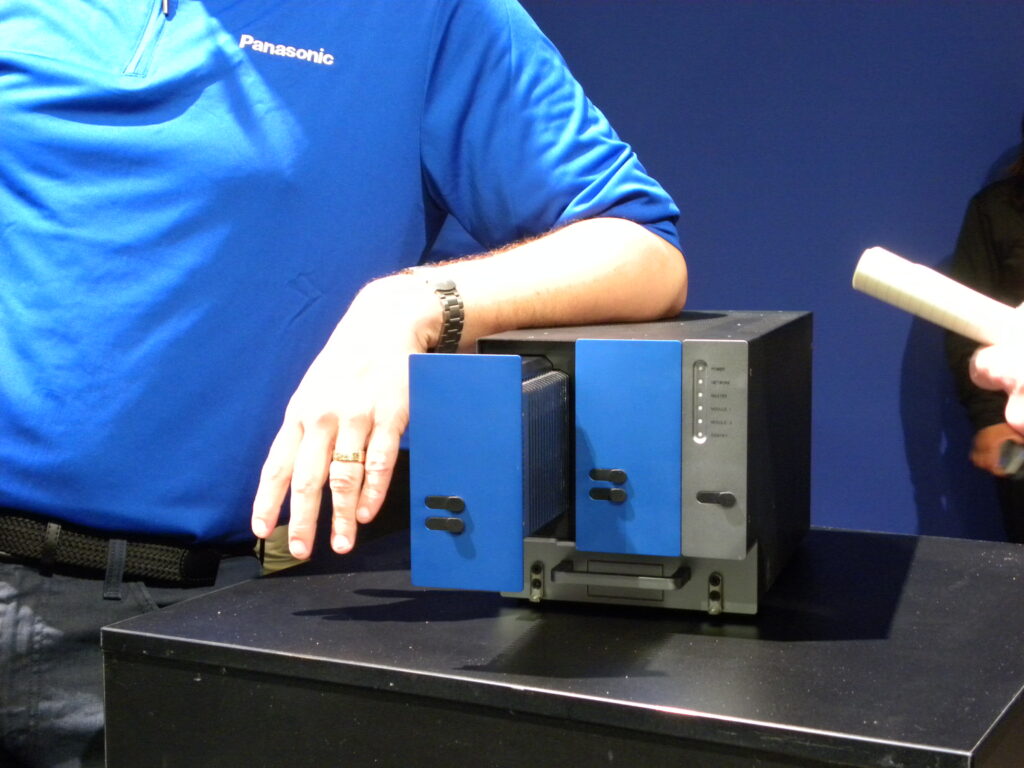 Interestingly, Qatar Airways’ Sama virtual assistant, which is part of the carrier’s broader digital transformation, is exactly the sort of application that Panasonic Avionics vice president of product and portfolio Andrew Masson said Converix can ably support.
Interestingly, Qatar Airways’ Sama virtual assistant, which is part of the carrier’s broader digital transformation, is exactly the sort of application that Panasonic Avionics vice president of product and portfolio Andrew Masson said Converix can ably support.
In mid-April at the Aircraft Interiors Expo (AIX) in Hamburg, as he unveiled Converix for the first time, Masson said: “Imagine at every seat having a virtual AI attendant who can help you with your journey. Where’s your luggage? What do you want to eat? Do I have my hotel and car bookings? Do I have my taxi ready? What gate am I going to be at? What am I going to go do? Imagine the airline being able to push personalized advertising to you and be able to take advantage of that. It’s a hugely powerful system.”
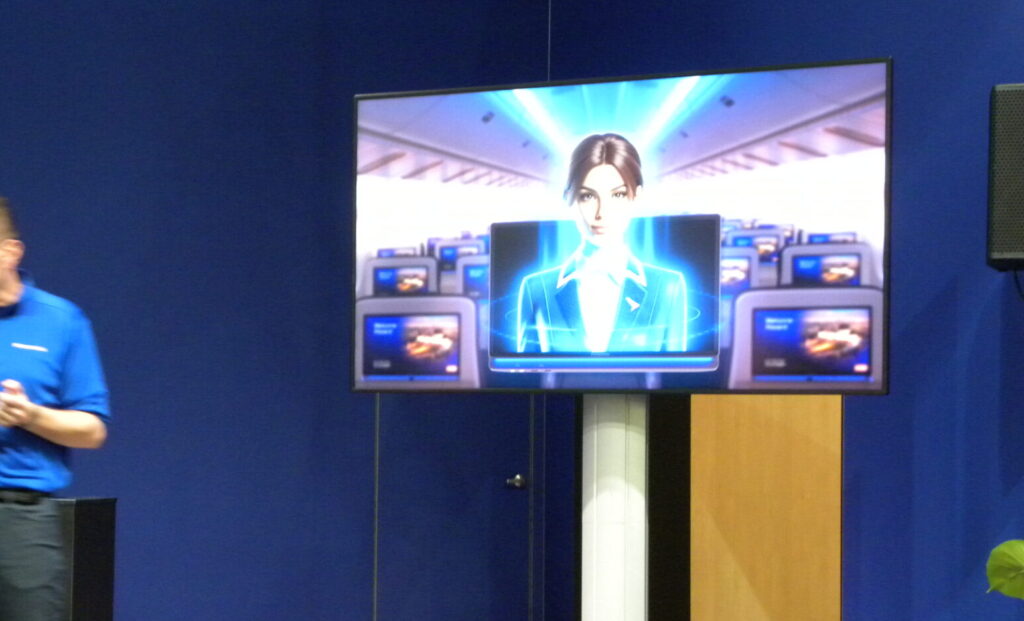
It is unsurprising then that Panasonic Avionics is confident Converix can help Qatar Airways realize its vision for delivering a memorable and personalized passenger experience on the 777X. “This is the latest chapter in our collaboration with this industry leader, and we are honored to be supporting their constant drive for excellence in the skies,” said Panasonic Avionics CEO Ken Sain in a statement published during the Paris Air Show.
“Our new platform is more than just a technological upgrade — it is a game changer that will completely redefine entertainment in the sky. With every new milestone, we continue to shape the future of travel and move forward at 35,000 feet and beyond,” said Qatar Airways senior vice president product development, Xia Cai.
As a neutral system, Converix can be ordered in standalone form — that is without being paired with Panasonic’s seatback IFE or inflight connectivity systems. It can be installed by “any aircraft manufacturer, on any airframe type, supporting all IFE and connectivity integration, cabin and galley operations, lighting, and other in-cabin applications,” according to Panasonic.
That neutrality is especially important, as it ensures that airframers, airlines and their third party partners can develop a wide range of digital services for embedded IFE and connectivity systems, irrespective of whether or not Panasonic is providing the displays or IFC service. Airbus certainly seems to appreciate Converix’s neutrality, inking a MOU with Panasonic at AIX that will see the two companies leverage Converix to support the airframer’s connected aircraft strategy.
Airline deals announced to date, however, do see carriers pairing Converix with other Panasonic systems and services. Launch customer SAUDIA, for example, will bring the application hosting platform to 18 Boeing 787-9s and 21 Boeing 787-10s, along with Panasonic’s Astrova IFE, Arc 3D moving map, Modular Interactive and Marketplace solutions.
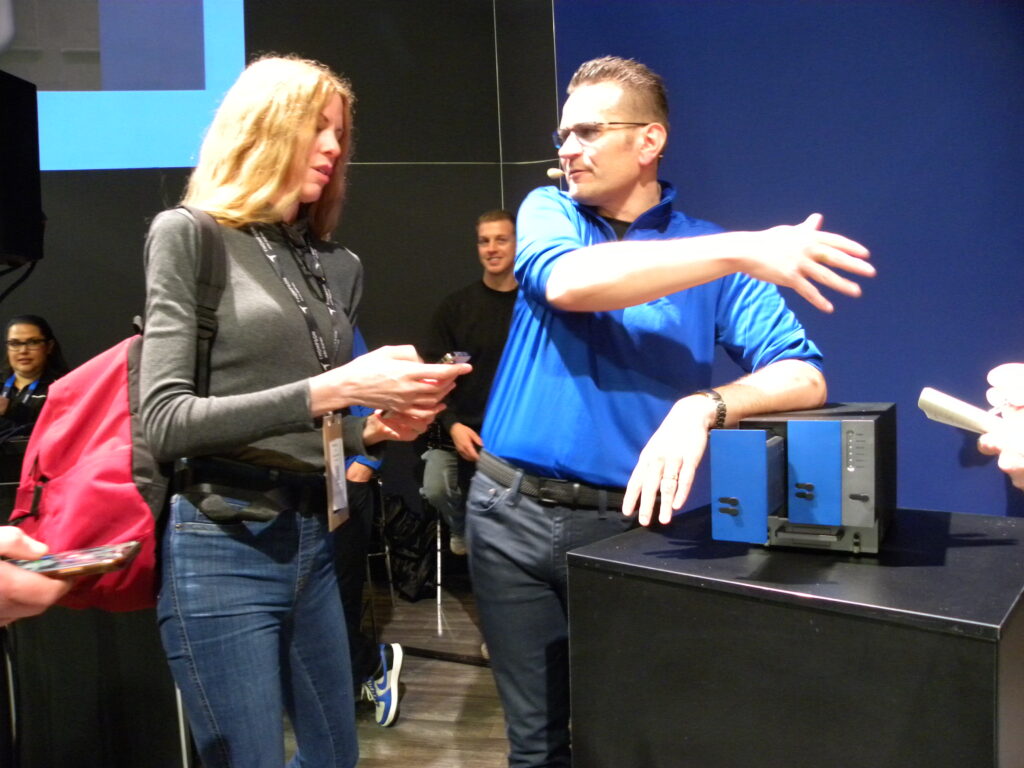
Panasonic’s Andrew Masson explains the value of Converix to RGN’s Mary Kirby
For SAUDIA, Converix will be used to streamline the carrier’s cabin and galley operations, lighting, cargo management, and crew operation. Additionally, Converix will seamlessly integrate the airline’s IFE and connectivity services, “delivering improved caching, expanded content, and streaming options, including live TV,” said Panasonic.
- Panasonic poised to play key role in Airbus connected aircraft
- How Qatar Airways is designing a more personalized PaxEx
- Airbus lays out vision for connected aircraft
- Press Release: Qatar Airways brings Sport 24 to Starlink-fitted aircraft
- Press Release: Panasonic Avionics introduce groundbreaking Converix
Featured image credited to Boeing. Embedded images credited to Reilly Oatridge unless otherwise stated




